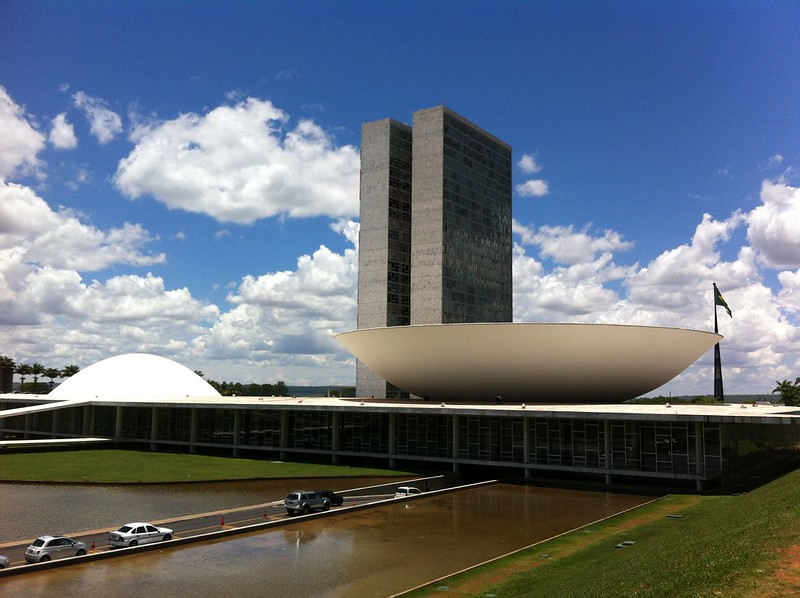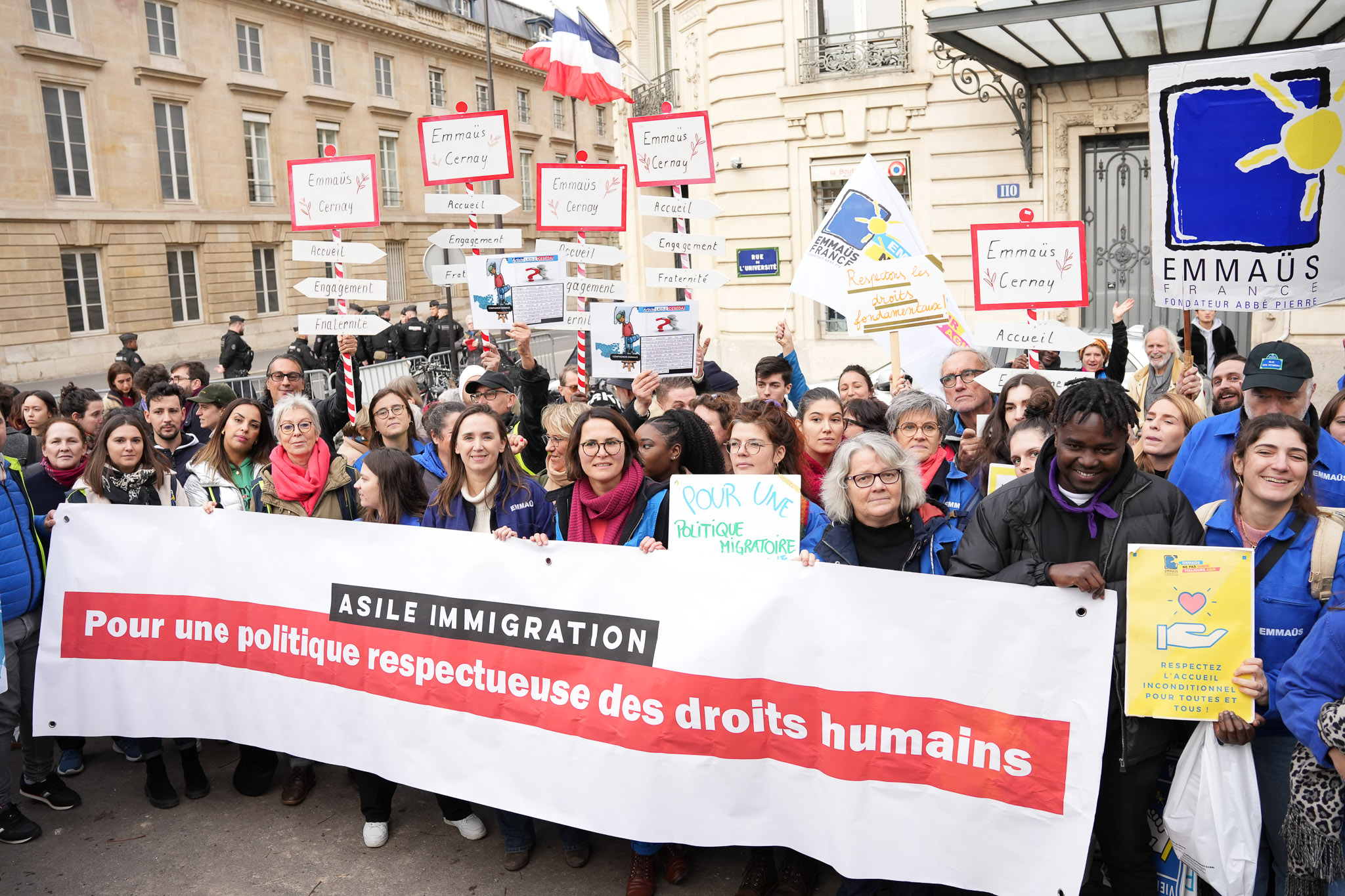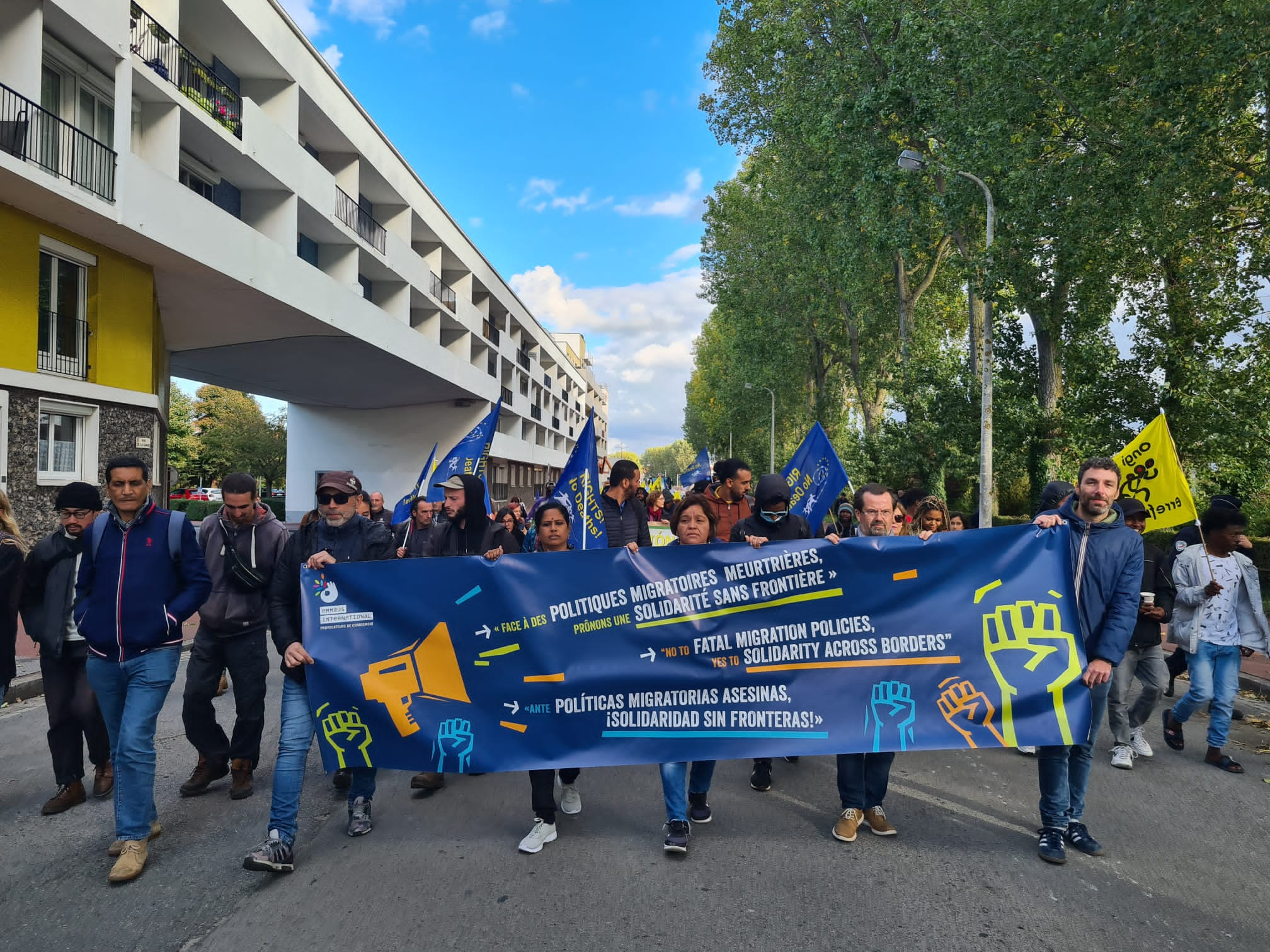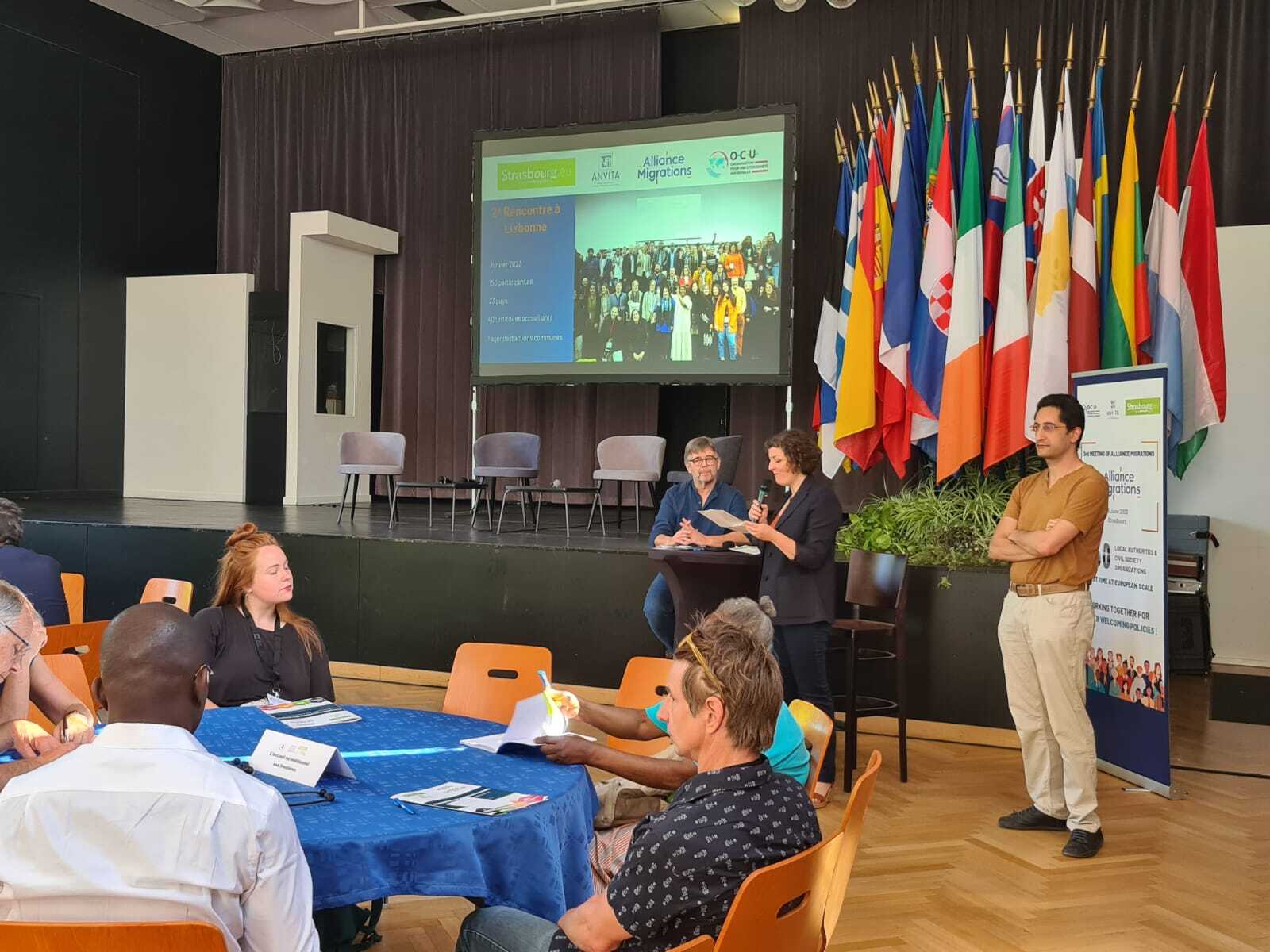Welcoming cities and civil society at the heart of Brazil's new migration policy

On 9th and 10th November 2023 in Brasilia, Brazil will unveil its new migration policy, the “National Policy on Migration, Shelter and Statelessness”, one of the main pillars of which is the launch of a national network of welcoming cities that will enable the federal government to support municipalities in their efforts to welcome immigrants. The Organisation for Universal Citizenship (OCU) and its Latin American member Network without Borders (RSF in French), which also defends the idea of alternative governance of migration based on a lasting alliance between local authorities and civil society, will be taking part in the discussions alongside other organisations such as ANVITA, United Cities and Local Governments, the International Labour Organisation and the United Nations Refugee Agency.
This new national policy marks a real turning point, given the legacy left in terms of migration management by the two previous governments. When Bolsonaro came to power in 2019, he firmly tightened Brazil’s immigration and welcoming policy, introducing legal mechanisms to further restrict the entry and regularisation of migrants in the country. During the COVID-19 pandemic, no fewer than 30 directives were issued by the federal government to restrict entry to the country, some of which were openly discriminatory*. Systematic racism and institutional xenophobia have been the hallmarks of this presidential term.
After four years of a policy based on violence and discrimination, Jair Bolsonaro is leaving his successor Lula, elected just one year ago, a country with a deeply fractured society, including and especially on the topic of immigration. The Migration Department of the Brazilian Ministry of Justice, headed by Tatyana Friedrich and Paulo Illes, formerly employed by the OCU and a founding member of RSF, has for several months been working on a new migration policy project in conjunction with civil society and local authorities, based on the Sao Paulo model.
Firmly convinced that a different form of governance for migration is possible, he has worked with the OCU and now, as part of this new policy, leads the project for a network of welcoming cities, the aim of which is to build a common front of civic-minded areas that welcome migrants based on respect for rights and dialogue with all the local stakeholders involved. Since February 2023, more than 200 civil society organisations and migrant groups or representatives have been consulted in the process of drawing up this national policy, a practice that is hard to imagine in other democratic countries.
Among the principles guiding this network are the responsibility of municipalities and recognition of their central role in defending the rights of migrants, the need to improve access to public services for migrants, particularly those in the most vulnerable situations, and recognition of the role of migrants in the economic and socio-cultural development of the country.
Photo Mariana Heinz – flickr


